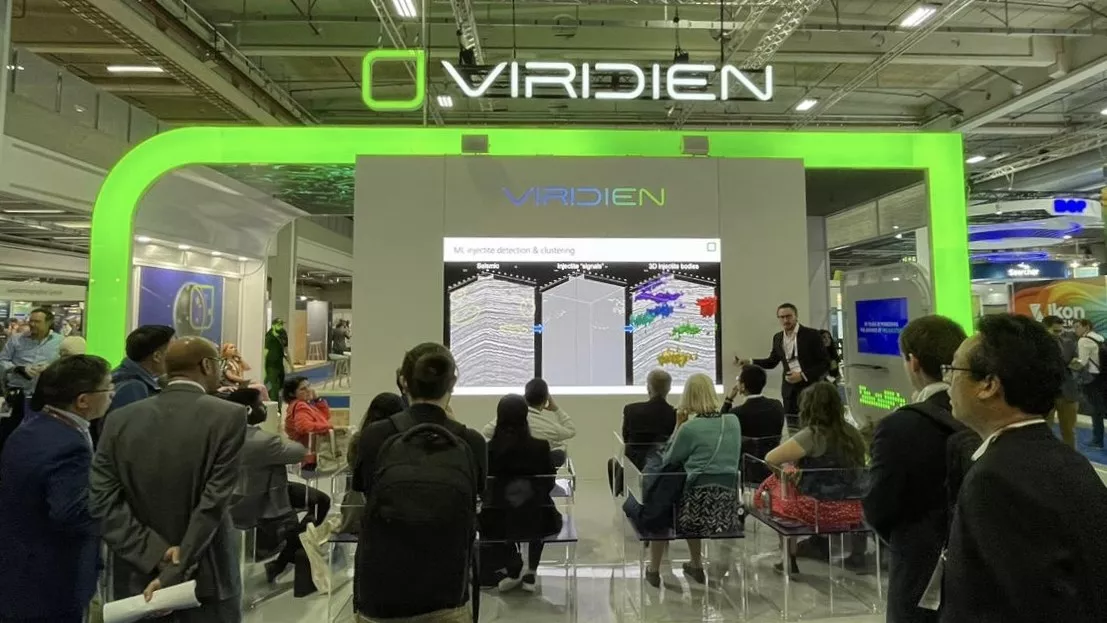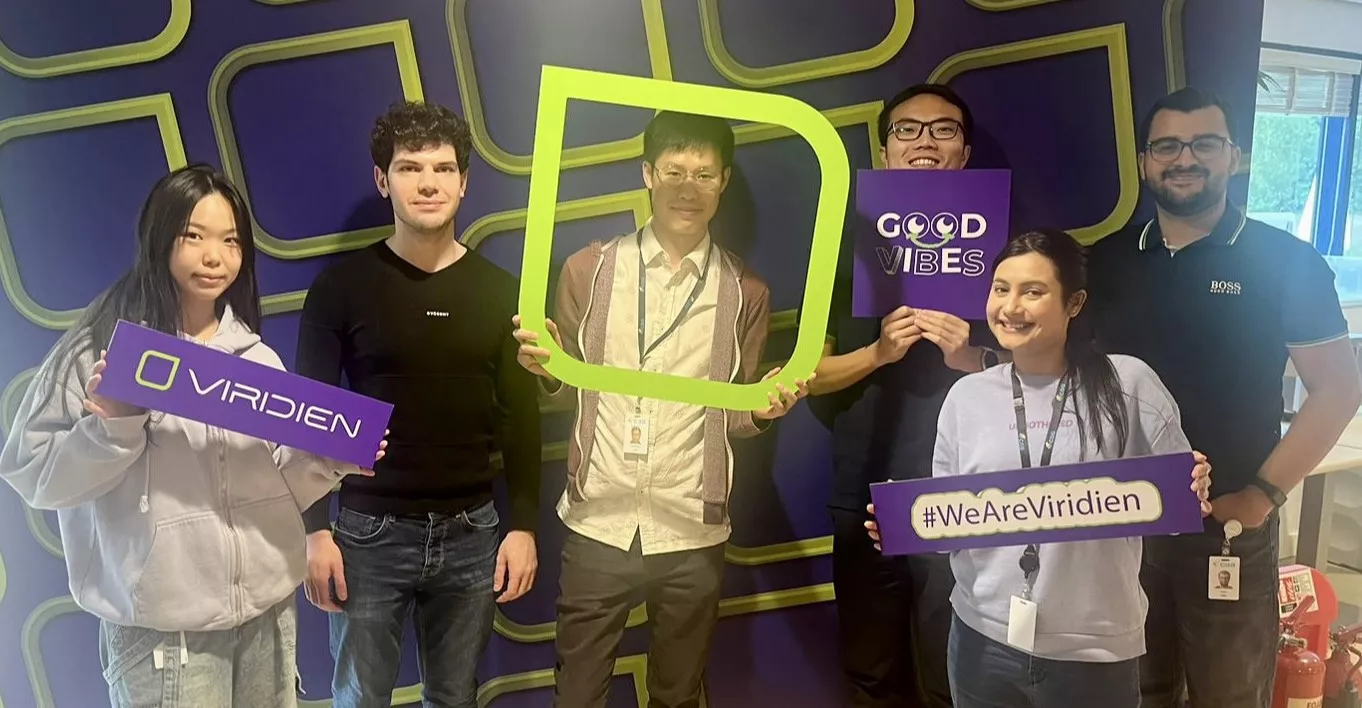Earth Data Intelligence: The Future of AI in Geosciences
Viridien Stories | Aug 15, 2024

Viridien’s AI Lab continues to pave the way for future geoscience innovations, with groundbreaking work that reveals the immense potential of AI to reshape subsurface imaging and data transformation.
Song Hou, head of Viridien’s AI Lab, shares his insights into recent developments in AI, the lab's current projects, and his vision for the future of geoscience-focused AI.
Eye-opening AI
As a child, Song was an enthusiastic player of Go and chess. He was intrigued by AI's prowess in chess, but he could hardly imagine it defeating a grandmaster in Go—a game renowned for its deep strategic demands. However, when AlphaGo debuted and did indeed triumph over a Go grandmaster, it was a revelation for Song.
"It was a shocking moment when AlphaGo won. That's when I truly grasped the power of AI," Song recalls. "It highlighted the transformative potential of artificial technology, reminding us of its practical applications in everyday life."
Putting AI to work
Today, Song and his team are harnessing the power of AI to tackle a broad range of geoscience challenges. Projects involve working with diverse geoscience data across multiple scales—from earth, ocean, and infrastructure monitoring using satellite imagery to subsurface imaging with seismic and well log data, and down to the detailed microscopic analysis of rock thin sections. Their efforts extend beyond mere proofs of concept, focusing instead on production-level deployment to ensure solutions are robust and scalable.
Moreover, AI's utility extends beyond image analysis. At Viridien’s AI Lab, numerous data transformation projects are underway, showing how far AI technology is revolutionizing the way data is processed and managed. These technologies enhance the extraction and categorization of large data stores, improve data curation, and provide easier access to valuable insights that were previously difficult to discern in legacy data formats.

Innovations in the AI Lab
One of the most dynamic growth areas in the AI Lab is Generative AI, particularly in enhancing document processing and image analysis. As this technology evolves rapidly, AI Lab is committed to maintaining its industry leadership by swiftly adapting to new developments. Song’s team is dedicated to making Generative AI tools accessible, enabling real impact through easier integration into production processes.
"We aim to involve more people in expressing their ideas. By making generative AI readily accessible, even those without coding skills can test their concepts and contribute to AI development. This initiative not only democratizes access to advanced technology, but also promotes wider participation in AI development, enriching our projects with a variety of innovative perspectives."

AI's limitations and challenges
Song doesn't shy away from discussing AI weaknesses. While he champions AI innovation and technological advancements at Viridien, he also emphasizes the importance of understanding its limitations, uncertainties, and associated risks.
Acknowledging these challenges, Song underscores the necessity of managing expectations and ensuring a realistic understanding of AI's capabilities. "Fully harnessing AI's power and maximizing its potential can be challenging," he admits. However, Viridien is dedicated to confronting these obstacles, investing in innovative approaches to leverage AI effectively.
"We strive to crack AI's 'black box', understand the risks, and ensure scientific rigor in our applications. Uncertainty quantification, which is the process of characterizing and estimating uncertainties in computations, involves measuring some of the output and helps us determine the risk of accepting AI results."

Exploring AI as a career
Song is optimistic about the integration of AI within the geosciences, viewing it as an exciting avenue for young professionals. He emphasizes the particularly beneficial synergy between AI and geosciences due to the field's complex and extensive datasets.
"Geosciences are confronted with some of the most sophisticated challenges, ranging from expansive seismic arrays and intricate satellite imagery to vast archives of unstructured documents. AI is uniquely positioned to address these complexities, proving indispensable for advanced geoscientific research and practical applications," Song remarks.
"I encourage individuals to explore beyond AI as a tool and dive into understanding its underlying algorithms. Gaining a profound grasp of these can streamline your career in this fast-moving field. It is essential to stay updated with ongoing advancements," he advises.
Song praises the vibrant and diverse environment at Viridien and the AI Lab, noting its key role in promoting professional growth. "Our team's diversity and innovative spirit create an ideal setting for emerging professionals to excel and stay at the forefront of technology. We're dedicated to educating the industry and maintaining high standards in AI applications and offer strong support through our active participation in conferences and personal development efforts," he explains.
This combination of factors makes pursuing a career in AI and geosciences an appealing choice for those aiming to make a significant impact in technology and our understanding of the Earth, supported by a diverse and dynamic team.
Learn more about Viridien's AI capabilities